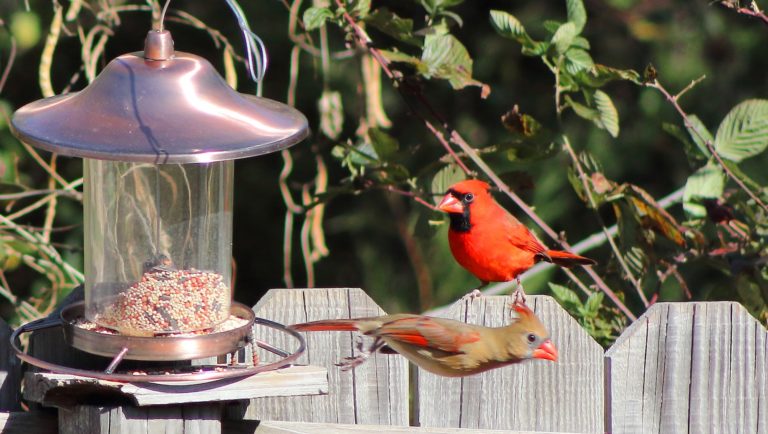A ban on bird feeding has been lifted by the Kentucky Department of Fish and Wildlife for Boone, Bullitt, Campbell, Jefferson, Kenton, and Madison counties.
Lifting the ban will allow birdwatchers in the affected counties to put their bird feeders and bird baths back outside, after the ban called for them to be stored. Individuals are still asked to clean feeders and baths regularly as a precaution, and to report any sightings of sick birds.
The ban was called for in late May in response to over 2000 reports of “sick and dying birds with eye swelling and crusty discharge,” as explained in the department’s initial report on the matter. The reports continued until late June, when they began a steady decline in frequency.
At least 282 recent bird deaths as of Aug. 19 have been linked to the still unknown illness. “At this time, a definitive cause for this illness has yet to be identified,” spokesman Kevin Kelly said.
The illness is primarily present in young blue jays, grackles, robins, and starlings.
Among the initially suspected diseases were bird flu, West Nile, and the common and similar House Finch eye disease, but those have since been debunked as sole causes. Another explanation is the emergence of cicada Brood X. “It could be some natural illness caused by ingesting cicadas or possibly secondary effects of pesticides that people sprayed on the cicadas (which is absolutely the wrong thing to do),” naturalist David Mizejewski explained in his blog.
Some experts believe the epidemic could be attributed to multiple factors, even some already ruled out. “The process to determine primary versus secondary causes for the problem are important and can lengthen the diagnostic process time,” veterinarian Dr. Christine Casey said of the identification difficulties.
Further complicating identification and treatment efforts are seasonal molting patterns, which have alarmed birdwatchers already looking out for sickly birds. “Please be assured that nearly all songbirds molt this time of year and this is completely normal,” said avian biologist Kate Slankard.
Wildlife experts are also investigating bird deaths in Delaware, Indiana, New Jersey, Ohio, Pennsylvania, and Washington, D. C., where similar bans are still in effect.




